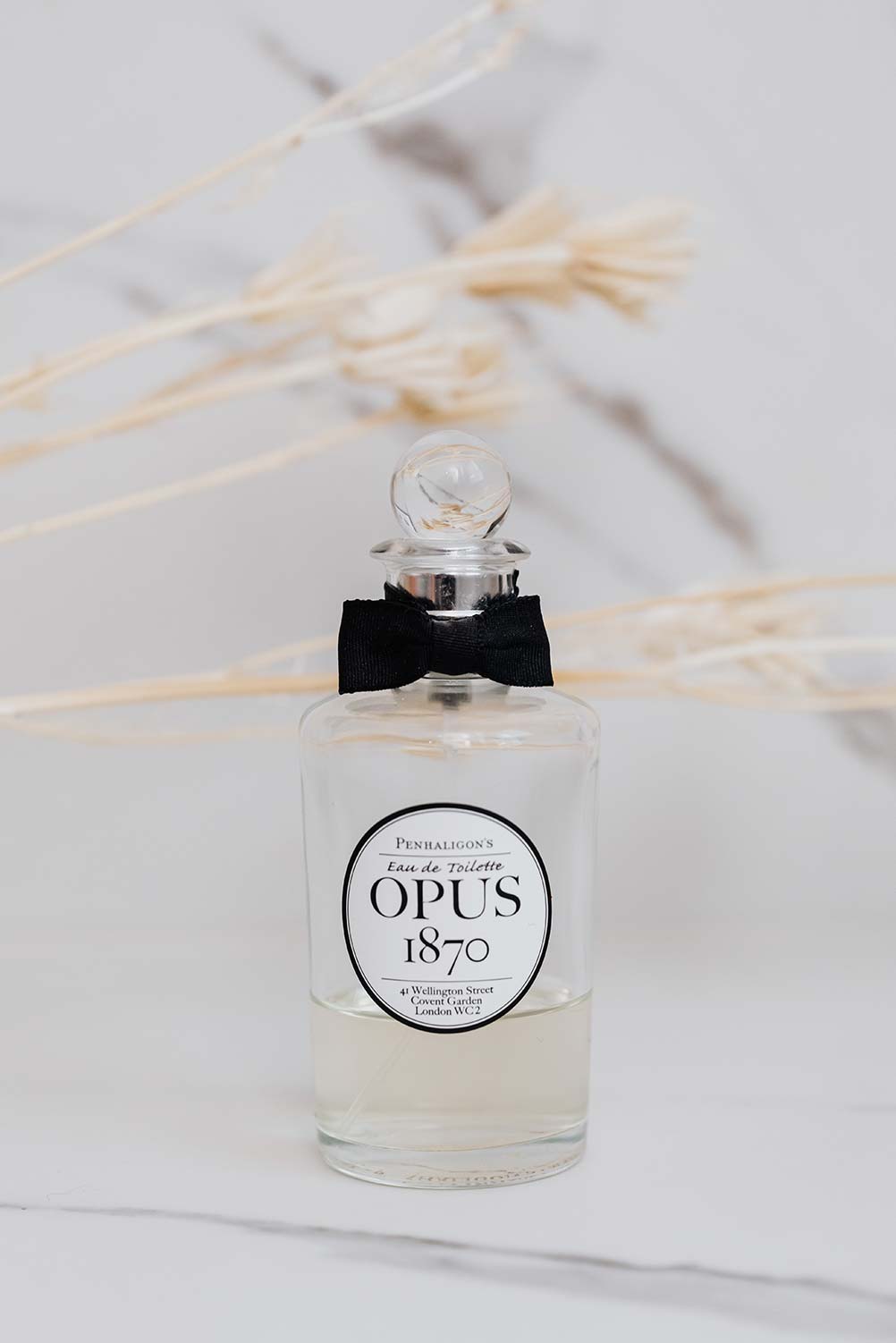Often advertised alongside the brand name inspiration, clone fragrances walk a fine line between trademark, brand, and copyright infringement. Most are law-abiding, but only on a technicality, and morally one could argue they benefit from the same shady business practices that replica clothing or trainers retailers do.
We take a look into how legal clone fragrance oils and the businesses that sell them really are.
Copyright Infringement
Large fragrance brands have always struggled with and campaigned against the inability to protect their creations, and have tried to circumvent regulations claiming their fragrances are art, a form of expression, a scientific combination of molecules and more, but no argument has held up in the courts these companies operate in. A fragrance can't be protected in much the same way as a taste can't be copyrighted (even though many have tried, particularly with cheese, oddly). There are some circumstances whereby a company can trademark a fragrance (e.g. Hasbro has trademarked the scent of its Playdough products) but it involves more of the product that simply the scent composition and in any case the legitimacy of that process hasn't been tested yet.
Legal battles
Every retailer of clone oils we spoke to (and we've had direct contact with most of them) have encountered some legal issues, whether direct challenges from the original perfume brands themselves or via legal attacks on their payment providers.
These usually fall under "unfair advantage" over a trademark or brand name. For example, even suggesting that a fragrance is 'inspired by' a brand name is illegal and challengeable in court per Ashfords Solicitors.
Both Perfume Parlour and Universal Perfumes and Cosmetics have recently had such challenges with their Paypal accounts either getting frozen or shut down after complaints from Chanel (though interestingly both still sell Chanel-inspired oils and fragrances — read more about the hidden Chanel oils here).
The perfume industry seems to be booming despite the fragrance clones and 'inspired by' perfumes so while these clone houses may be doing just fine right now, we suspect they are trading on borrowed time.
Cosmetics Standards
So if they aren't technically breaking the law by selling these 'inspired by' oils and sprays, everything's above board then, yes?
Unfortunately, that's not the case. Perfumes (spray and oil varieties) come under governmentally regulated cosmetics standards since they're applied to the skin. Not a single wholesaler, retailer, or store I spoke to had the appropriate qualifications for handling cosmetics, they weren't able to produce any of the legally required documentation to say if there are any allergens, toxins, or carcinogenic material in their products. None of their products were safety or stability tested and they couldn't confirm the ingredients.
All of the above are legal requirements for selling products to the UK and EU, so while we can't say we've ever had any negative reactions, no one in the industry can confirm their products are safe, allergen-free, and non-toxic to humans.
Even the labelling practices of every site in the UK we've ordered from are (on a technical level) illegal and that alone risks heavy fines and shutting down of the business.
Does this mean they're illegal to sell?
Yes. Not a single company selling clone oils in the UK or EU has done the necessary paperwork, testing, or we'd bet has the appropriate qualifications to handle hazardous materials like high proof alcohol under UK law. Not only does that mean you can't guarantee what you're buying is safe, but it also means that they run the risk of being shut down by Trading Standards and the MHRA at any moment in time and would suffer significant fines and possibly jail time if they were found to be deceiving the public.
If this is the case, how are they still able to operate?
We suspect that it's just because they're so small in comparison to the issues government entities like Trading Standards are up against. Larger, more dangerous, more illegal businesses are at work every day, so in comparison, breaking a few regulations surrounding health and safety may seem like small potatoes.
Would we recommend still buying from these companies?
That depends on how you view the above. We know the chain of custody, from the manufacturer, the wholesaler, and then the retailer, I'm confident that the manufacturers are all above board and doing everything to the letter of the law. These are large multinational organisations in some cases, and the wholesalers they sell to are generally excellently run, dealing with hundreds of litres of oil every day and thus tend to be very academic in their storage and processing of the oils.
Unfortunately, however, these are not the companies you can buy from as an individual customer. Where things start to break down and get a bit dicier is with the individual retailers as you're relying on them to operate in a clean environment, not introduce any nasty, illegal, or dangerous chemicals into the sprays they're making, or cut corners for profit.
So we leave that up to you since it's your skin you'll be spraying.
If you'd like to see the vendors we trust implicitly, and others we tend to shy away from - you can find our full list of those we recommend here.
